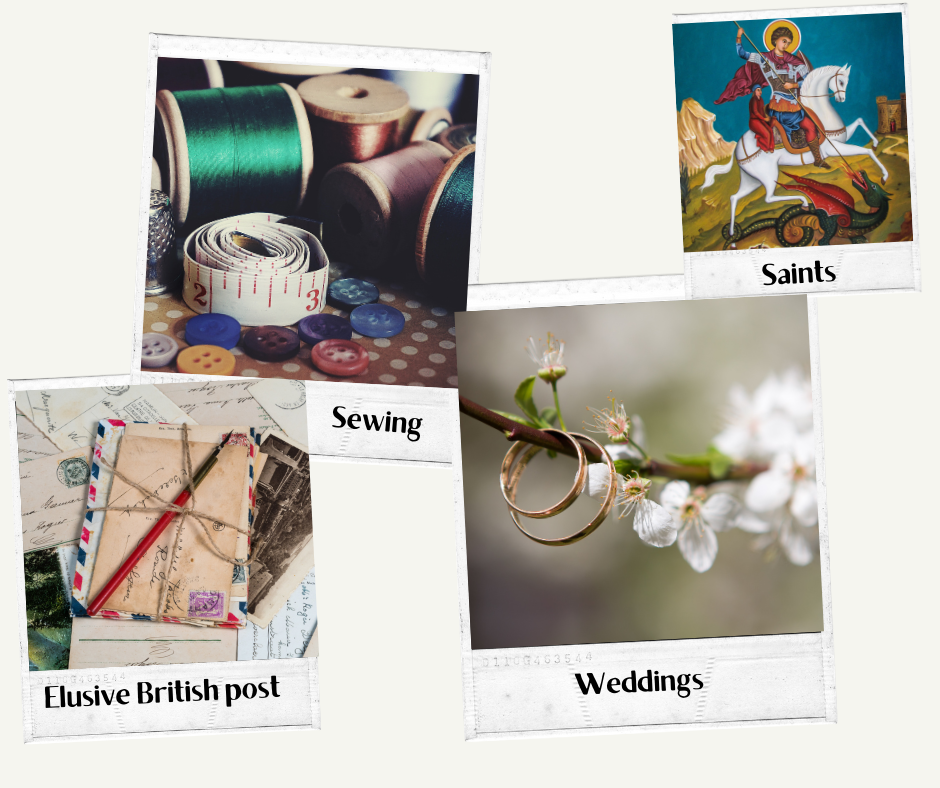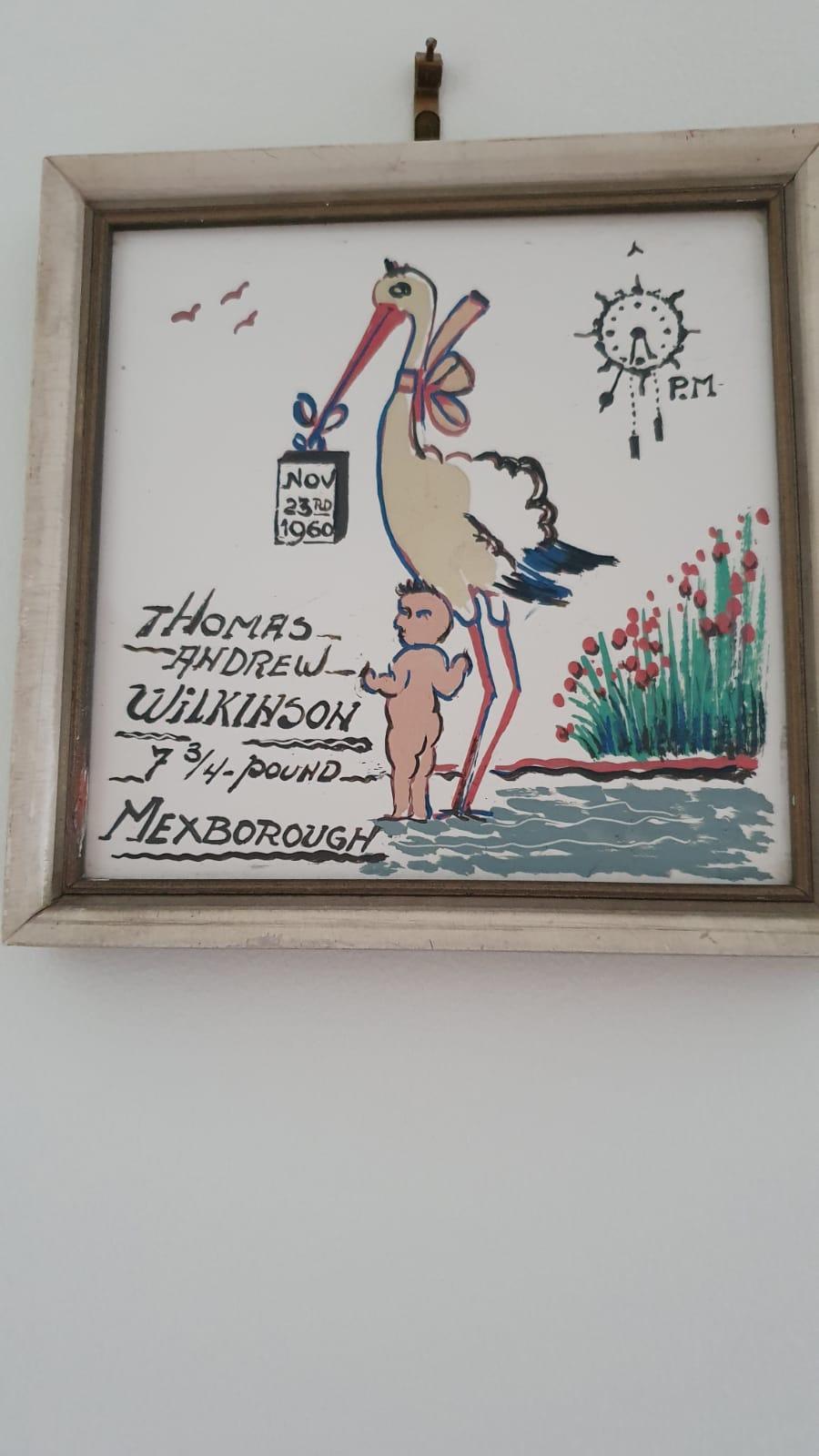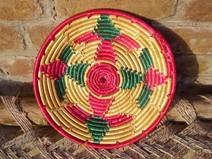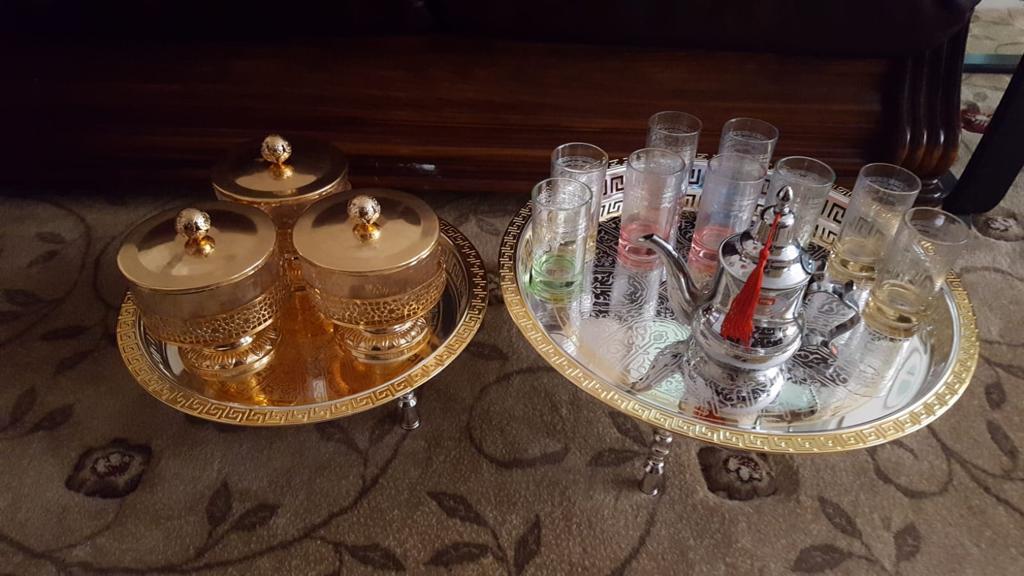Conversing with ESL groups
In this blog post, we introduce one of the community groups we have been working with for the past few months, and discuss the work we've been doing with them.
As the Co-Production and Engagement Officer for the Our World project, it is my job to develop relationships with community groups and individuals who may not have otherwise been introduced to Clifton Park Museum.
Thanks to our wonderful partner at Rotherham Ethnic Minority Alliance (REMA), the Our World project was signposted to a number of different community groups. This includes a conversation club for people learning English as a second, third or even fourth language.
With this club, I get to talk to a number of wonderful women and we converse about different subjects. Here’s a snapshot of some of the subjects we talk about:

One of the things that we’re hoping to do when it is safe to do so is give these women a tour of the collections store, where they can handle the Our World Collection and get to see it up close. As this is still some time away, the Collections Officer for this project, Leila Prescott came onto a Zoom call a few weeks ago to digitally bring the collection to them.
When she showed them a picture of Norwegian love spoons, a discussion around christenings and celebrations for newborn babies unfolded.
One of the women, who comes from Sudan, described how:
“If the baby is a girl, we give her gold, like earring. Some people give different gifts like clothes.”
Another woman showed a picture she had received for her Christening. She described how:
“This painting comes from Holland. They put the time and the weight of the baby on.”

Another object that sparked some excited conversation was an Indian plate, with its connotations to domestic life and sitting down with people. Ladies jumped up from their screen to show objects around their home- here are some of the conversations we found particularly interesting! They pointed to a sense of belonging, which is one of the aims of this project.
One Sudanese woman introduced a Pakistani chaba and described how
“We got it from a Pakistani shop here in the UK, because it's cheap. In my country, we put traditional food, like chapatti, and when there are weddings, some people put money.”

This led to another Sudanese woman introducing a similar woven basket, woven from blue, red and black fibres. She described how:
“My grandma gave it me and made it for me.”
Another woman introduced objects she had brought back from Morocco, and discussed how it was important that people bring objects to remind them of their home country. Her enthusiasm was made clear as she mimed opening the glass canisters and putting food in:
“I show you these ones, this glass chambers have food, tea, sugar. We put tea in here, we put a teapot.”

The quotes and images you see in this post was one of a number of conversations where women from the group discussed their home life, their culture, and the things they are interested in. It was a wonderful session, where everyone got involved and animated. Cultures were shared, concepts such as Christenings were introduced, and most importantly, it seemed like everyone had a good time. We hope to do more sessions like this with a number of community groups, and we hope that the outcomes and enthusiasm continues.
This blog post is part of an ongoing series to introduce community groups. If any of the work and conversations we are having seems interesting to you in any way, please contact me at sonia.khan@rotherham.gov.uk.